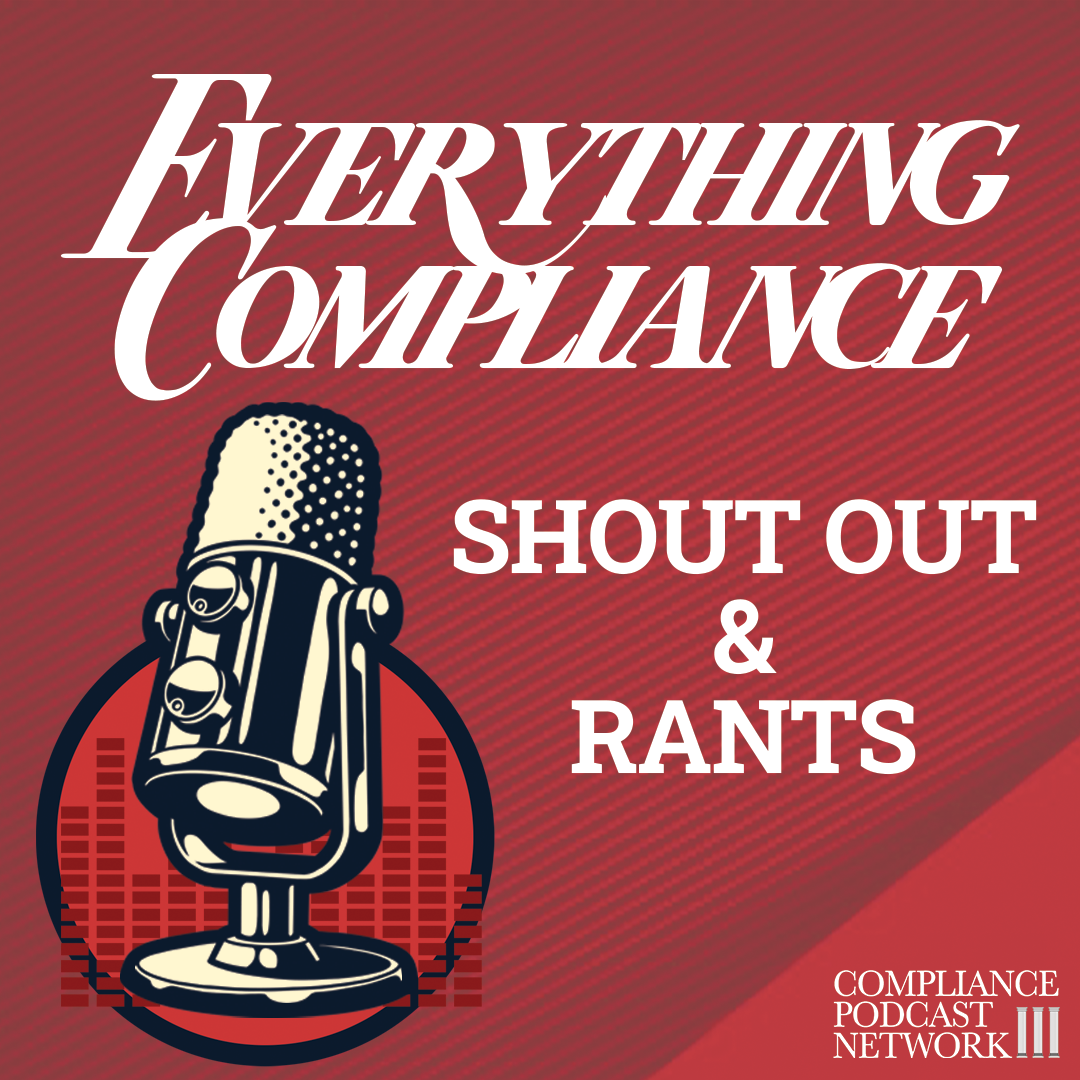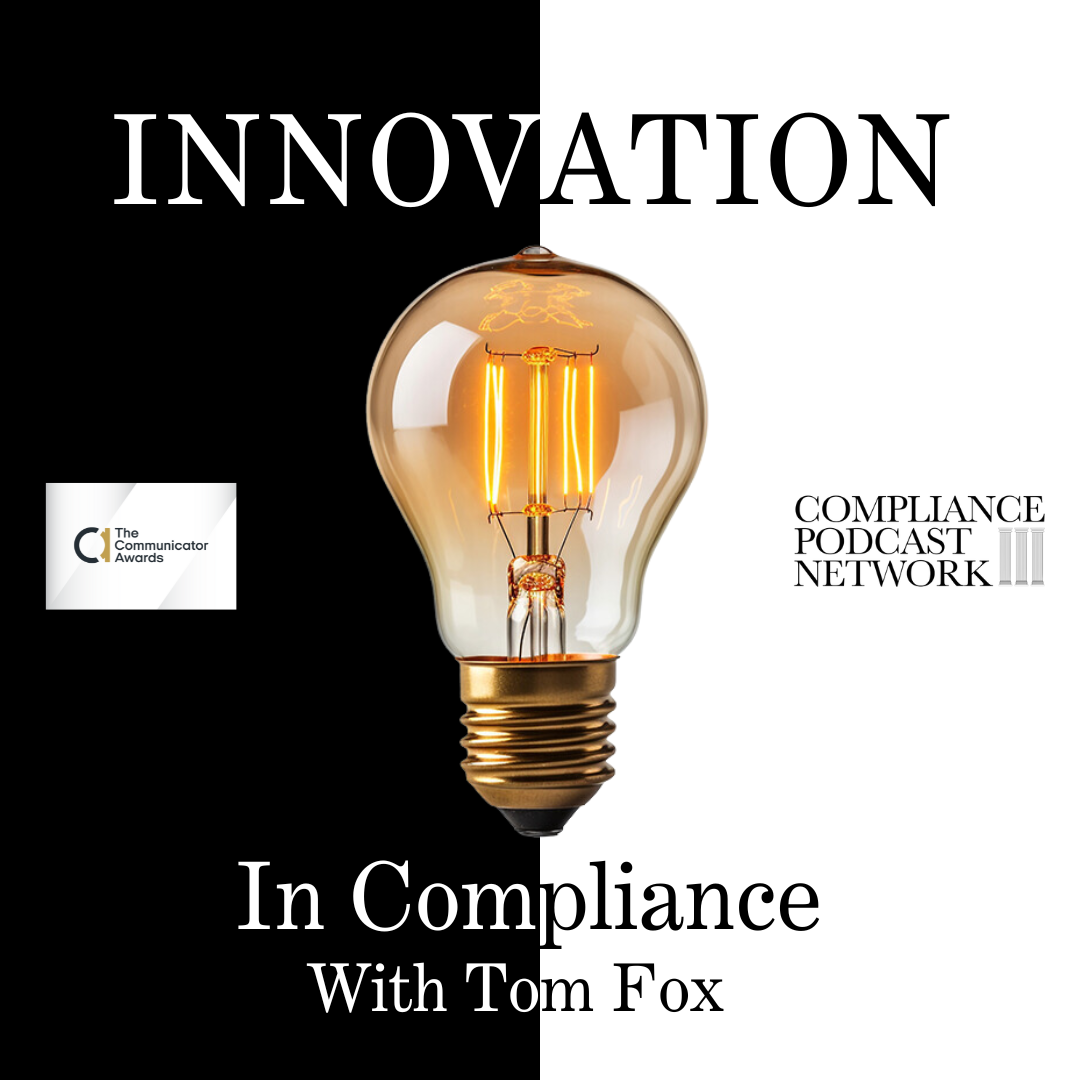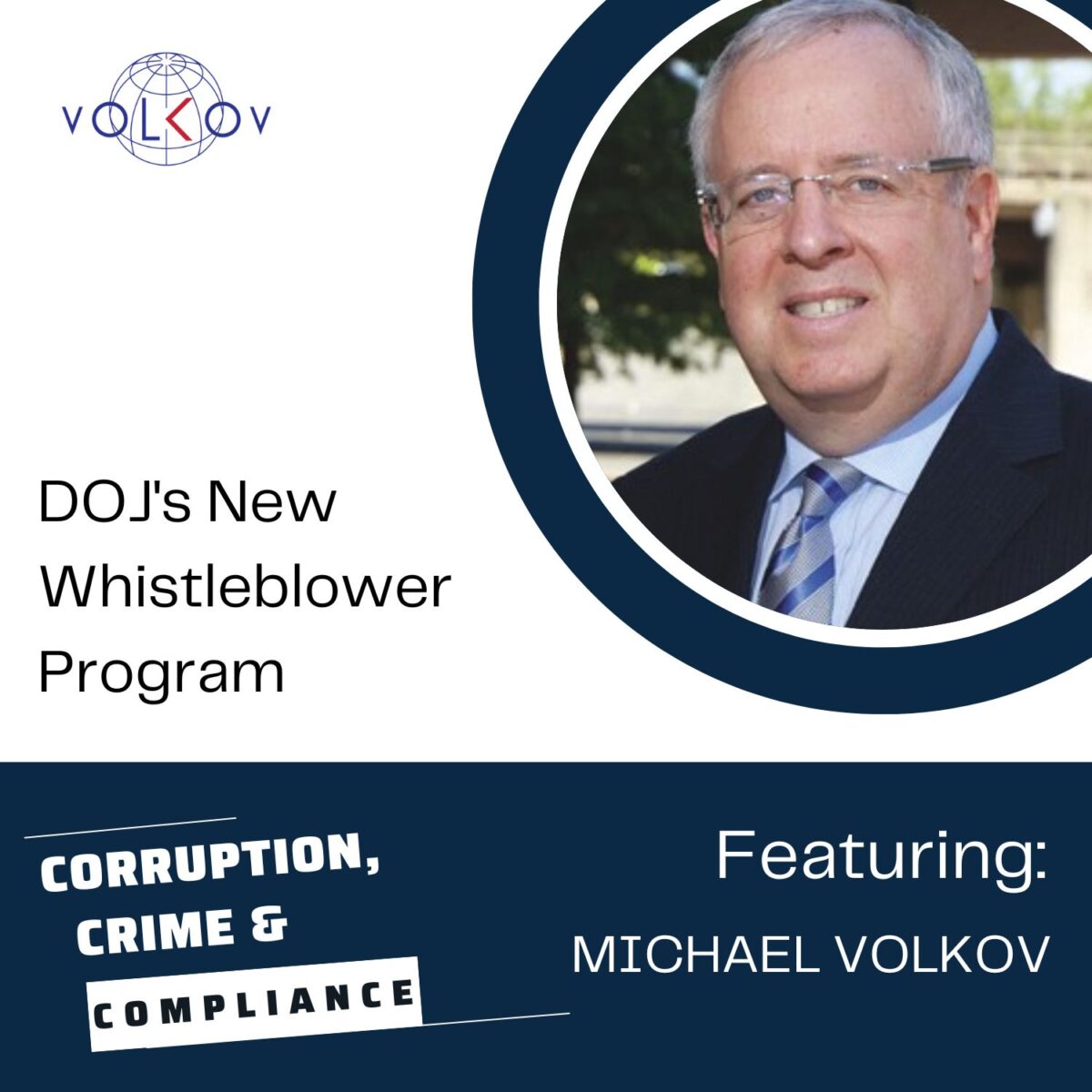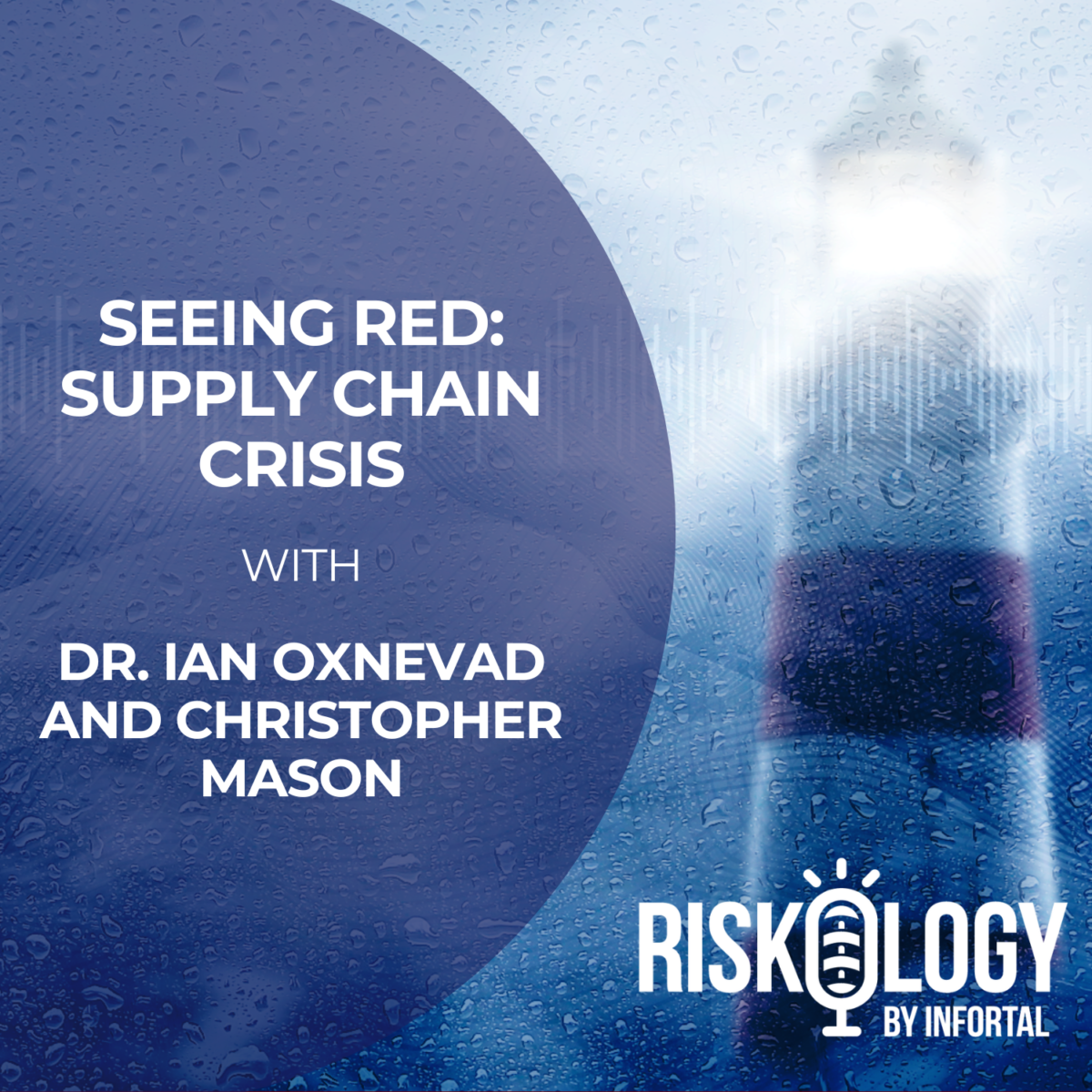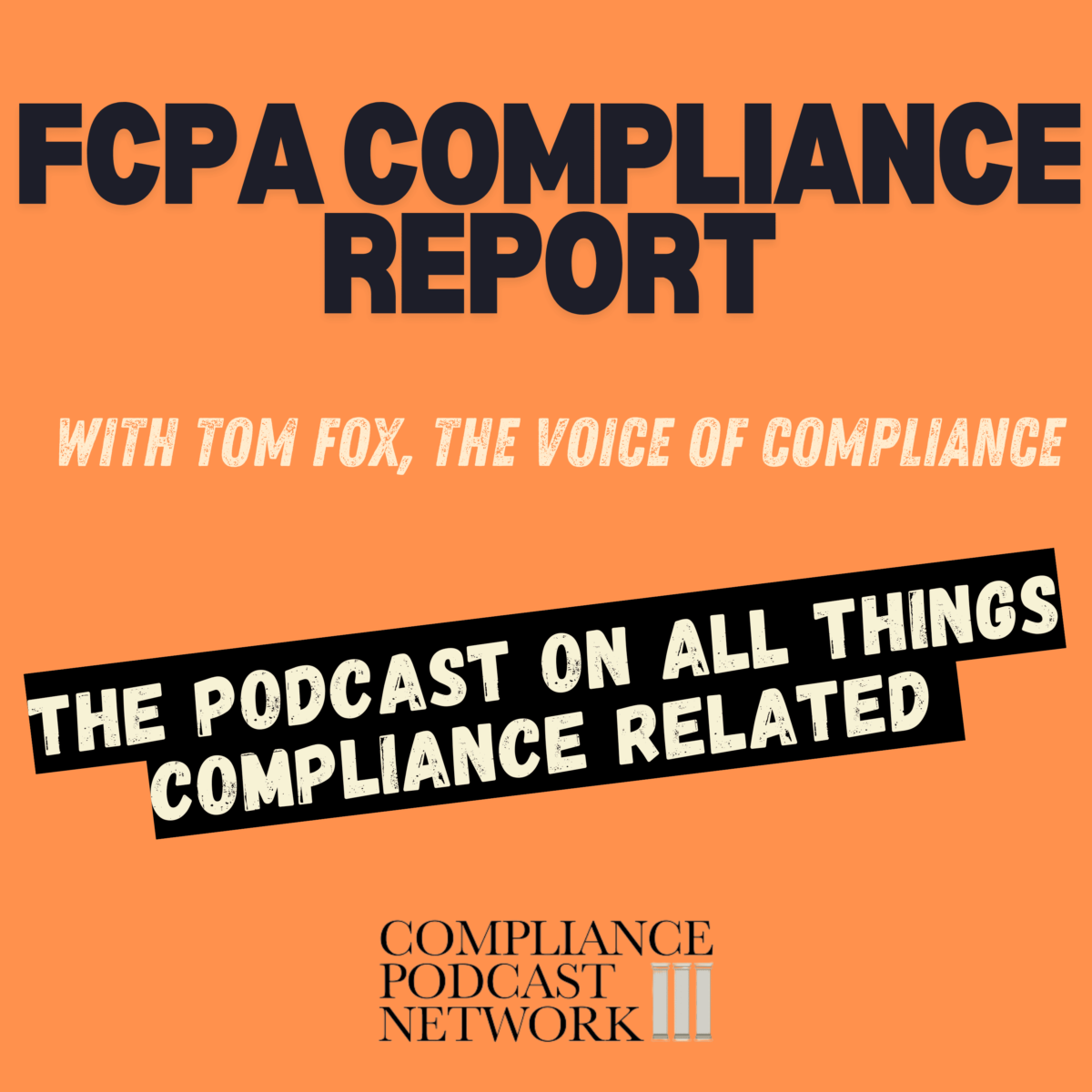In the latest episode of Riskology by Infortal™, hosts Christopher Mason and Dr. Ian Oxnevad discuss the ongoing crisis impacting shipping through the Red Sea.
Geopolitical Risks in Global Shipping
Geopolitical risks have consistently shaped global commerce, significantly impacting the shipping industry.
Elections and ongoing conflicts have exacerbated an already volatile environment, impacting both national and international supply chain operations. This summer, multiple crises have underlined the magnitude of these risks, with a major focus shifting to the situation in the Middle East.
The Middle East Conflict: A Catalyst for Economic Disruption
One of the most recent supply chain disruptions stems from the conflict involving the Houthis in Yemen.
This Shiite group, backed by Iran, has increasingly targeted shipping routes through the Red Sea, causing substantial disruptions. Such attacks have not only heightened regional instability but have also resulted in skyrocketing insurance costs for vessels. For instance, war premiums on shipping vessels passing through the region have doubled, indicating the heightened risk and operational costs faced by shipping companies. Some carriers will no longer offer coverage.
These disruptions contribute to a broader economic impact beyond the shipping industry.
The Broader Implications of the Houthis’ Actions
The Houthis’ disruption of Red Sea shipping routes has led to a cascade of economic challenges.
Vital routes, such as the Suez Canal, have experienced a significant reduction in trade volume, which in turn has severely impacted regional revenue generated from the canal. Alternative shipping routes, like those around the Cape of Good Hope, have become necessary, leading to increased travel distances and fuel costs. These developments delay shipments and increase the environmental costs associated with the extended routes.
Such disruptions have led to systemic issues, such as the bankruptcy of ports close to affected regions. The Port of Eilat in Israel experienced such a fate in July, largely due to decreased shipping activities. These logistic challenges echo far beyond mere financial losses, influencing global shipping patterns and affecting international trade and economic stability.
The Domino Effect: Global Economic and Environmental Repercussions
The consequences of the disruptions in the Red Sea shipping routes are felt worldwide. European countries, for instance, are experiencing longer shipping times, which translates into increased costs and operational inefficiencies for businesses dependent on timely shipment deliveries. This has indirectly affected consumers through increased product prices, exacerbated by global inflation figures.
Moreover, the rerouting of ships around Africa has resurrected piracy off the Somali coast, spreading into the Indian Ocean and leading to further financial burdens in higher security expenditures.
This has also added to certain economic downturns in Africa, with about 57 million individuals now grappling with food insecurity, further illustrating the humanitarian dimensions of the geopolitical conflicts.
The Risk to Fishing Industries
Another significant impact of the conflicts in the Middle East, particularly around Yemen, is the risk posed to the regional fishing industries. The area is a crucial fishing zone, and ongoing attacks and the potential for significant oil spills present severe environmental risks to the health of the fisheries. These dangers threaten marine life and can disrupt the livelihoods of locals who depend on fishing as a primary source of income and food.
Increased Costs and Delays
For companies reliant on the timely arrival of shipments, these delays can disrupt production schedules and supply chain reliability, directly affecting their competitiveness and market positioning. The additional fuel costs associated with such extended travel routes are inevitably passed on to consumers, further straining the economic climate in regions such as Europe, where inflation pressures are already high.
Conclusion
Addressing the ongoing geopolitical situation in the Middle East, especially involving the Houthis, is crucial for stabilizing global shipping routes and mitigating the economic backlash. With the ripple effects already apparent in various sectors, a keen understanding and proactive approach towards these challenges could fortify global trade resilience, ultimately benefiting businesses and consumers alike.
Companies must assess their long-term strategies and consider alternative markets and shipping practices to navigate this volatile landscape. The ongoing vulnerability in traditional shipping routes requires agile and innovative solutions, particularly as the market faces new pressures ahead of winter months.
To avoid the impact of the crisis, you must closely examine your risk exposure and explore alternative supply chain options as needed.
Join hosts Christopher Mason and Dr. Ian Oxnevad for Episode 32 of Riskology by Infortal™ as they break down this strategically important geopolitical crisis.
Resources:
Infortal Worldwide
Email
Chris Mason on LinkedIn
Dr. Ian Oxnevad on LinkedIn



